I Grew Up Thinking My Father Didn’t Like Me. It Was Decades Before I Learned The Truth.
The bonds between parents and children are powerful, yet incredibly fragile. One misunderstood gesture or a few unspoken words can leave scars that last a lifetime.
For years, I carried a heavy ache, convinced my father simply didn’t like me. That belief colored my self-image and shaped my choices in ways I only began to understand much later.
This is the story of how a lifetime of misconceptions unraveled, revealing the truth hidden beneath decades of silence and missed connections.
1. Childhood Moments That Felt Distant
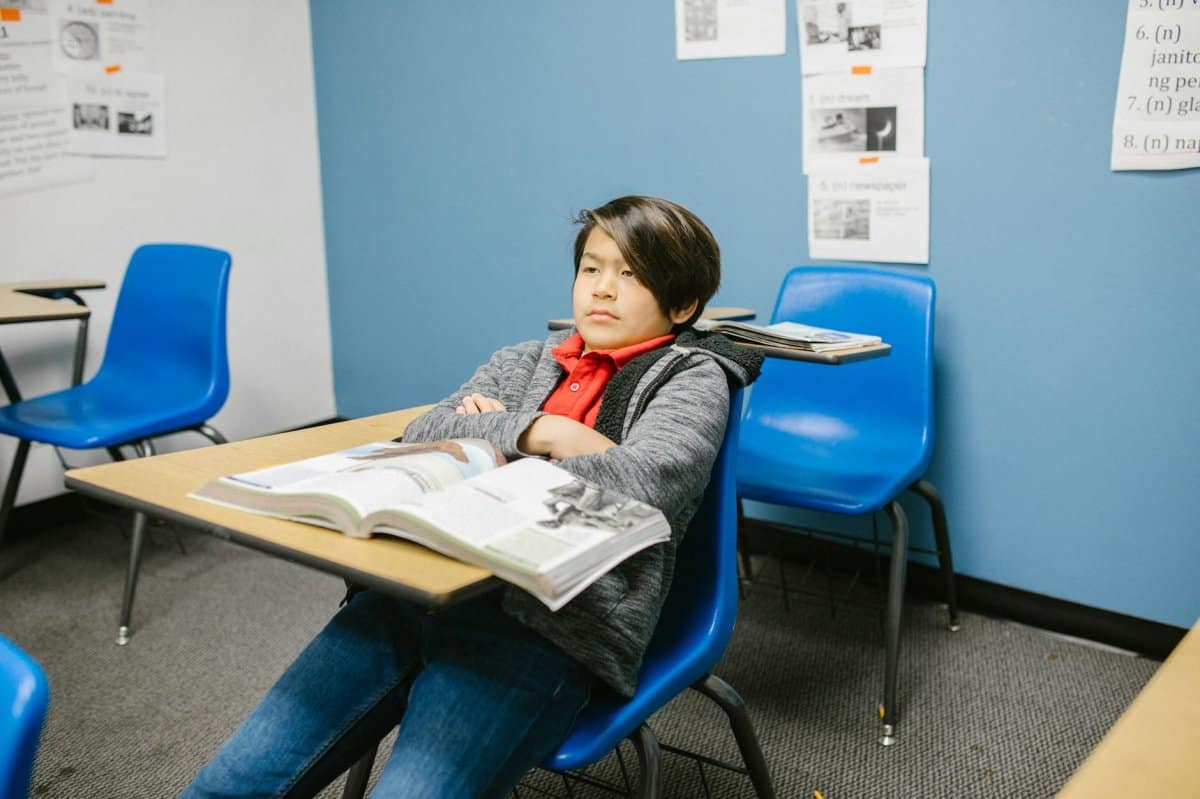
As a child, I often watched classmates run into their parents’ arms after recitals or soccer games, while my father stood quietly at the edge—if he came at all.
Our conversations rarely went beyond homework or chores, lacking the warmth I saw in other families.
Emotional distance like this, as research suggests, can leave children feeling uncertain and unseen, shaping the way they relate to others for years to come.
2. The Absence of Affection

My father’s love was never expressed through hugs, pats on the back, or words of praise. I longed for a simple “I’m proud of you,” but those moments never came.
Watching friends receive open affection from their parents made my father’s reserve feel even starker.
According to experts, regular displays of affection are crucial for a child’s sense of self-worth.
The absence of these gestures left me questioning whether I was truly loved at all.
3. Misinterpreted Criticism
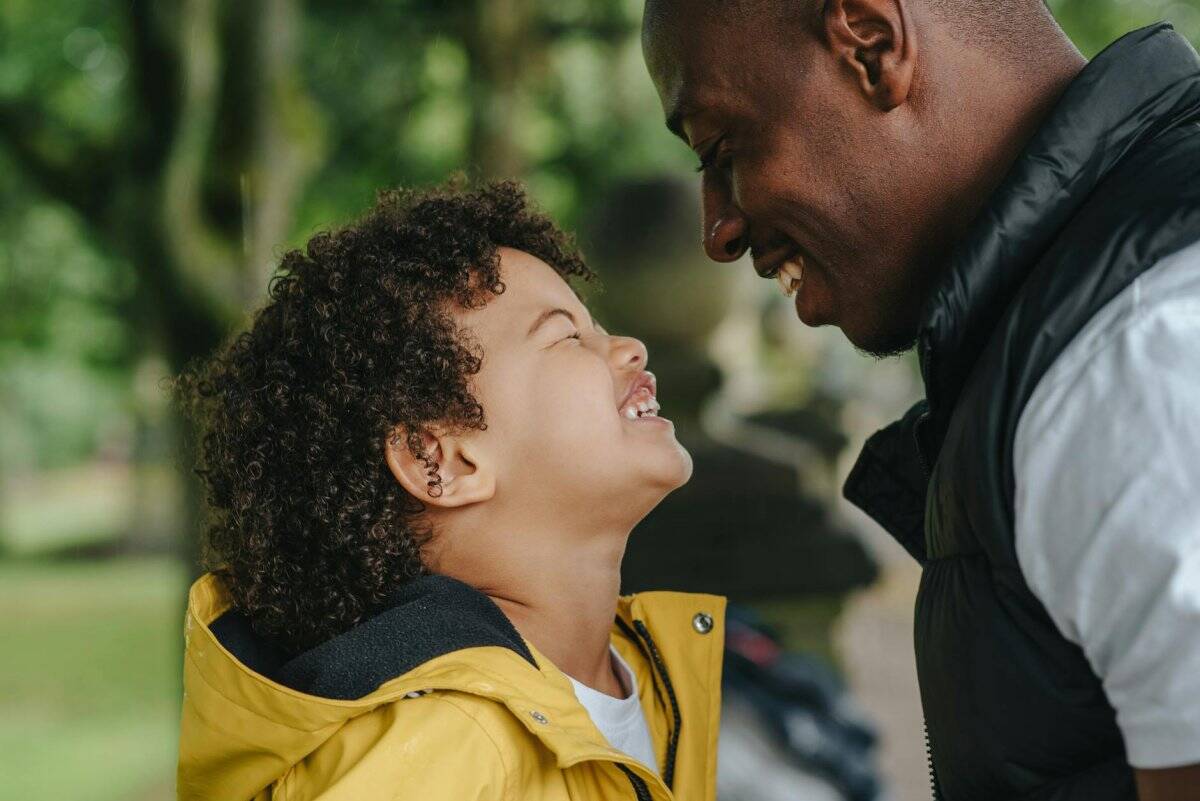
My father’s words were often sharp, his feedback blunt. When he pointed out where I’d gone wrong—be it in schoolwork or chores—I heard judgment, not guidance.
I didn’t realize that, as experts explain, constructive criticism can be misread if tone and delivery lack warmth.
His intentions were likely to help me grow, but I internalized every comment as proof of his disapproval, never seeing the care hidden behind his stern advice.
4. Comparing My Family to Others

Sleepovers and dinners at friends’ houses heightened my awareness of what seemed missing in my own home. I saw laughter, closeness, and casual “I love yous,” fueling a sense of inadequacy within me.
Studies show that social comparison can deeply impact a child’s happiness.
Each glimpse into other families left me convinced something was wrong with mine—and especially, with the way my father related to me.
5. The Power of Unspoken Words

The silence between my father and me often spoke louder than words. Our evenings together were marked by quiet, the television filling gaps where conversation might have been.
According to studies, nonverbal communication—or the lack thereof—can easily be misinterpreted as indifference.
I mistook his quiet nature for apathy, never realizing that silence in families can hold meaning, sometimes hiding emotions too complex or vulnerable to express aloud.
6. Overhearing Conversations Not Meant for Me

Sometimes, late at night, I’d catch snippets of my parents’ hushed arguments—often about money, work, or their own worries.
Hearing my father’s frustrations, I assumed his anger was directed at me.
As experts note, children often internalize adult stress, believing themselves to be the cause.
Those overheard words echoed in my mind for years, reinforcing my belief that I was the source of his disappointment.
7. The Role of Cultural Expectations
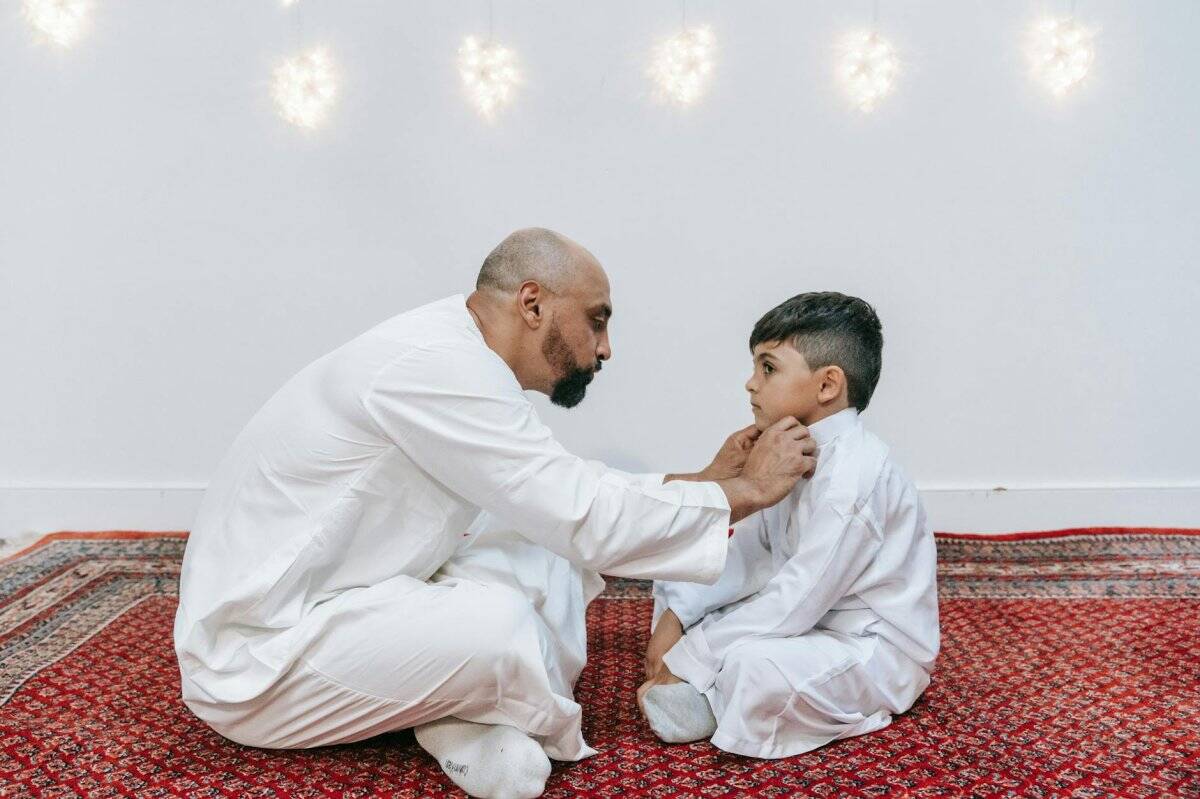
Looking back, I began to understand how much cultural expectations shaped my father’s behavior. In his upbringing, men were taught to provide, not to openly express emotion or affection.
As explored in this article, some cultures expect fathers to be hands-on and emotionally available, while others value stoicism and reserve.
My father’s silence and distance were not personal failures, but reflections of the world he grew up in—one where love was often shown through duty, not words.
8. School Report Cards and Emotional Distance

Each time I brought home a report card, I hoped for a smile or a word of encouragement. Instead, my father’s reactions were muted—sometimes a nod, more often a reminder to “do better.”
Research shows that supportive parental involvement boosts confidence, yet I felt only a growing sense of inadequacy.
The lack of positive feedback made my accomplishments feel invisible, reinforcing my belief that I was never quite enough.
9. Special Occasions That Fell Flat

Birthdays and milestones came and went with little fanfare in our home.
While friends shared stories of parties and heartfelt cards, my own celebrations were quiet, often overlooked.
According to psychologists, celebrating milestones is vital for emotional well-being.
The absence of acknowledgment made me feel unseen, furthering the emotional gap between my father and me and making each special date a reminder of what was missing.
10. Sibling Dynamics and Perceived Favoritism
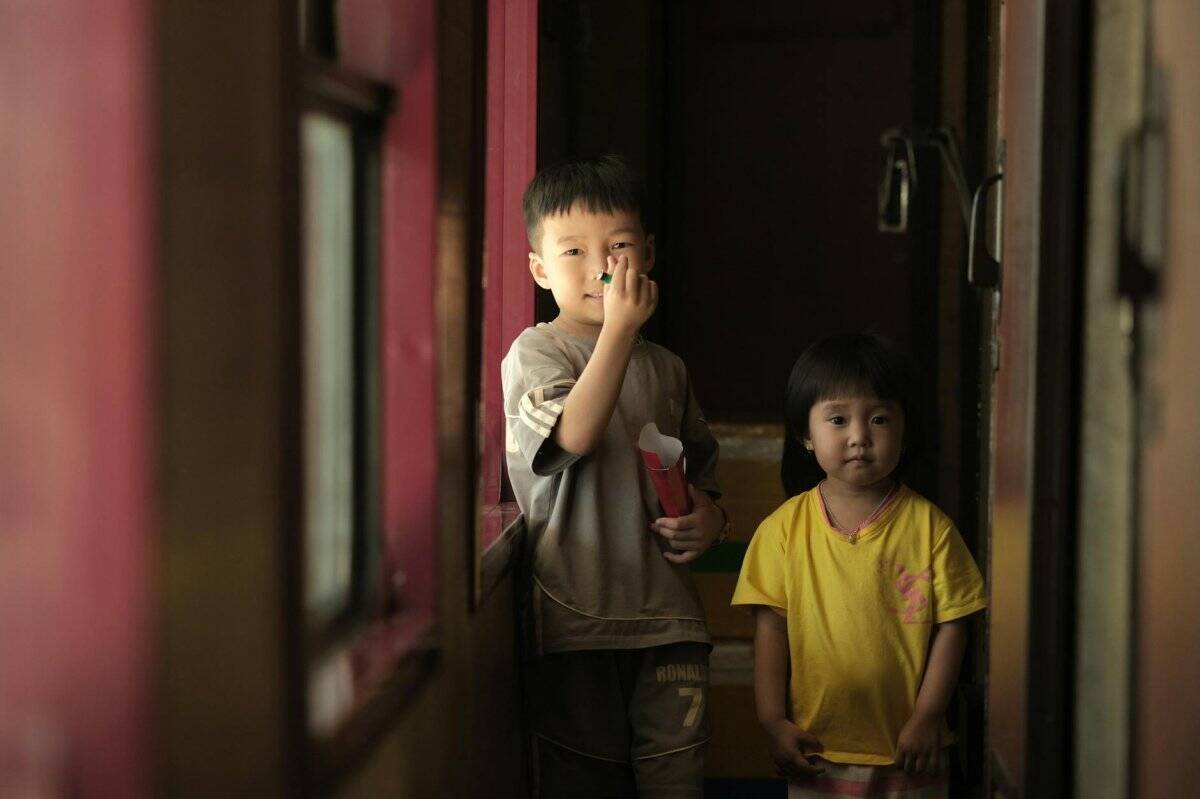
Growing up with siblings, I often felt my father favored them—whether it was more attention, lighter criticism, or subtle signs of approval.
Studies show that perceived favoritism can deeply impact a child’s self-worth and sense of belonging.
Each instance, real or imagined, added to my insecurity, making me question my value within the family and strengthening the belief that I was somehow less deserving of my father’s love.
11. Emotional Needs Going Unspoken

I rarely voiced what I truly needed from my father—comfort, reassurance, or simply to be heard.
Childhood emotional neglect, as experts explain, isn’t always about what happens, but what doesn’t.
My unspoken needs slowly became invisible even to myself, leaving a lasting void.
Without the language or courage to ask for more, I accepted the silence, not realizing how deeply it shaped my sense of self.
12. Seeking Validation Elsewhere

With praise elusive at home, I found myself craving approval from teachers, coaches, and friends.
Their encouragement became a substitute for the recognition I longed for from my father.
Studies show that relying on external validation can impact self-esteem and emotional health in the long run.
Chasing acceptance outside my family was both a comfort and a sign of the emptiness I felt within.
13. The Impact of Parental Work Stress

My father’s demanding job often drained him before he even walked through the door. Evenings were spent in exhausted silence, his mind weighed down by worries I was too young to understand.
Research shows that work stress can limit a parent’s emotional availability and patience at home, affecting family relationships.
It wasn’t that he didn’t care—he was simply overwhelmed. Yet, as a child, I couldn’t separate his stress from my sense of being unwanted.
14. Holiday Seasons and Disappointment

Holidays were supposed to be joyful, but in our house, they often underscored what was missing.
While others reveled in laughter and connection, our gatherings felt tense and perfunctory.
As experts acknowledge, holidays can highlight emotional gaps and amplify family stress.
For me, these occasions were reminders of the affection and closeness I yearned for, making the season bittersweet rather than bright.
15. The Influence of Media Portrayals
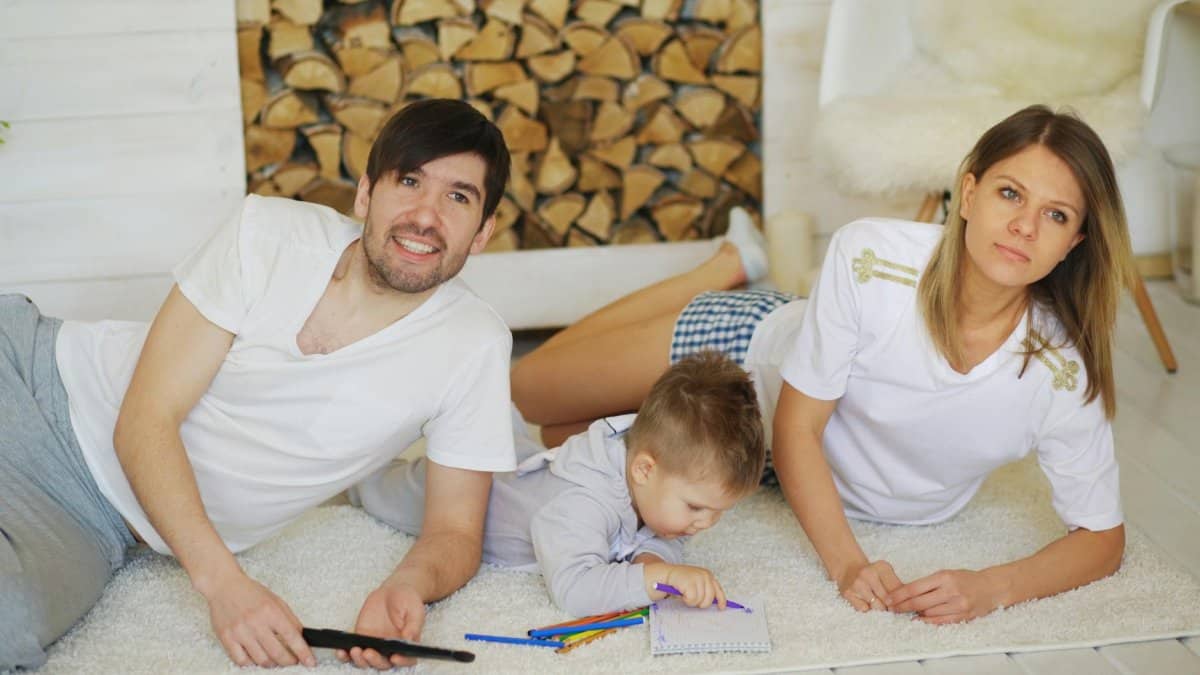
Watching television families, I saw fathers who dispensed wisdom, hugs, and unconditional support—all things I craved at home.
These idealized portrayals set expectations that reality seldom matched, leaving me confused and disappointed.
As discussed in research, media can powerfully shape children’s beliefs about family roles.
The contrast between what I saw on screen and what I experienced deepened my sense of isolation, blurring the line between fiction and my own unmet needs.
16. Unseen Acts of Care

It took years to recognize the quiet sacrifices my father made—like working overtime to provide for us, or fixing things around the house without complaint.
These acts, easily overlooked by a child craving affection, were genuine expressions of love in his own language.
As research shows, parents often express care through actions rather than words.
Understanding these subtle gestures helped me see the depth of his commitment, even in the absence of open affection.
17. The Role of Extended Family

When my father seemed emotionally distant, I found comfort in the warmth of grandparents, aunts, and uncles.
Their hugs, stories, and encouragement offered a sense of belonging I sometimes missed at home.
Studies highlight the vital support extended families provide, especially when parental bonds are strained.
These relationships gave me perspective and stability, reminding me that love can come from many directions.
18. Avoiding Difficult Conversations

In our family, hard feelings were rarely addressed head-on.
We skirted around topics like disappointment, loneliness, or emotional needs, leaving many issues unresolved.
Communication barriers—like fear of conflict or lack of emotional vocabulary—are common in many households.
This silence made it difficult to bridge the gap, as unspoken worries and resentments quietly shaped our relationships for years.
19. The Weight of Unresolved Conflict
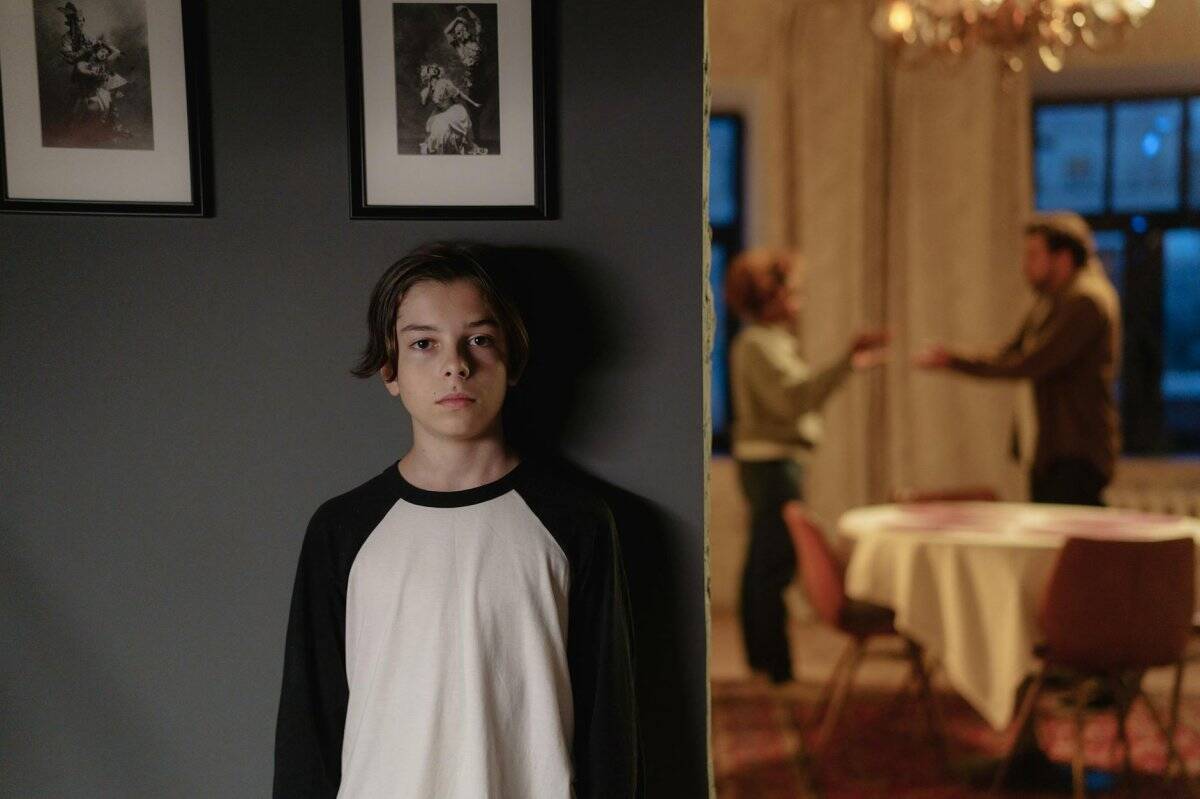
Arguments with my father often ended in silence rather than resolution.
Apologies were rare, and misunderstandings lingered, gradually building invisible walls between us.
Research suggests that unresolved family conflict can have lasting effects on emotional well-being and future relationships.
Years later, I realized that these lingering tensions shaped how I approached conflict and trust—not just at home, but throughout my life.
20. Milestones Missed and Their Impact

Graduation ceremonies, big games, or even school plays—so many milestones passed without my father in the audience.
His absence at these pivotal moments left an ache that words couldn’t fill.
Research confirms that parental support during milestones is crucial for a child’s confidence and sense of worth.
The empty seat where he should have been became a powerful symbol of longing and missed connection.
21. Learning About My Father’s Own Upbringing

It wasn’t until adulthood that I began to hear stories of my father’s own childhood—one marked by strict discipline and little affection.
As I learned more, I saw how generational patterns shaped his ability to express love.
Experts note that parents often parent as they were parented, carrying forward both strengths and wounds.
Understanding this context softened my resentment and helped me see him as a whole person, not just my father.
22. The Turning Point: An Honest Conversation

Everything changed the day I finally voiced my feelings to my father.
Through tears and awkward pauses, we shared truths that had been buried for decades.
He spoke of his own struggles, his regrets, and the love he didn’t know how to show.
Research shows that open, vulnerable communication can transform even the most strained relationships.
For the first time, I felt seen—and so did he.
23. Realizing the Limits of Perception
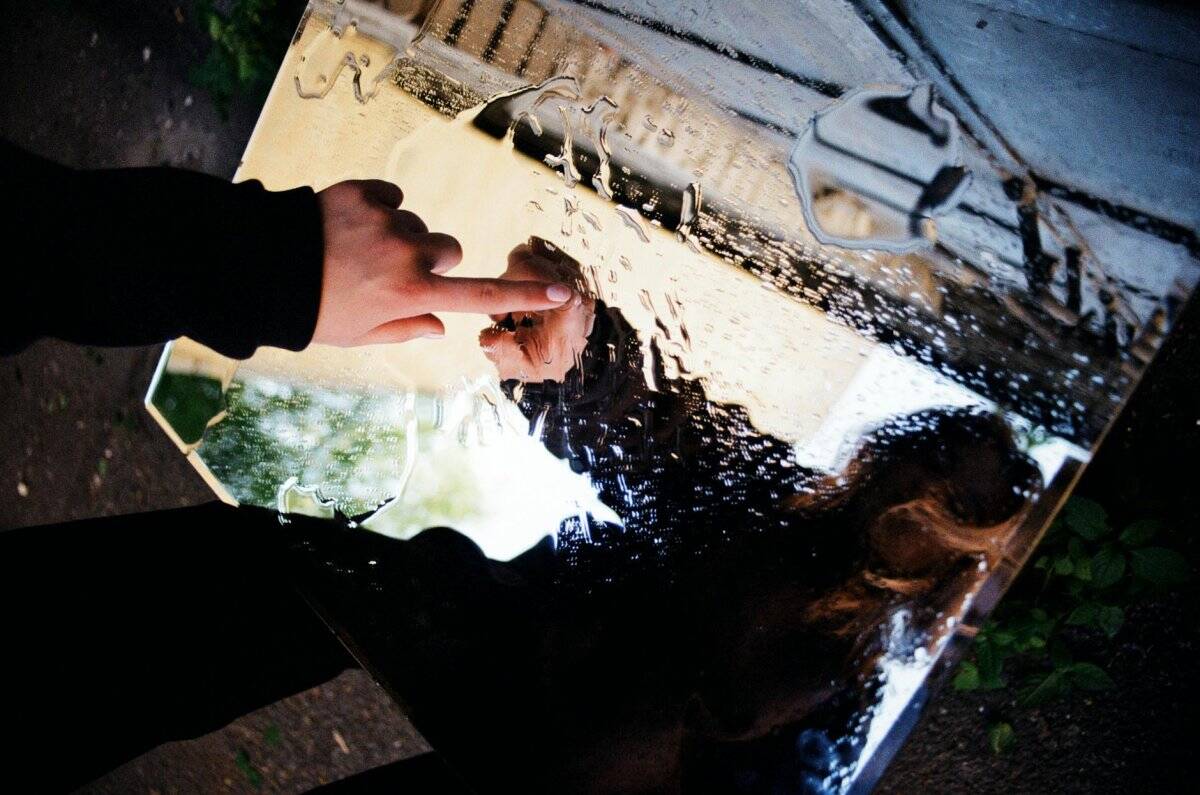
Reflecting on my journey, I recognized how my own biases and expectations painted an incomplete picture of my father.
Cognitive psychology reminds us that perception is often subjective, shaped by past experiences and emotions.
I had filtered every interaction through my longing for affection, sometimes missing quiet signs of care.
Accepting these limits helped me approach our relationship with more empathy and understanding.
24. The Role of Therapy and Counseling
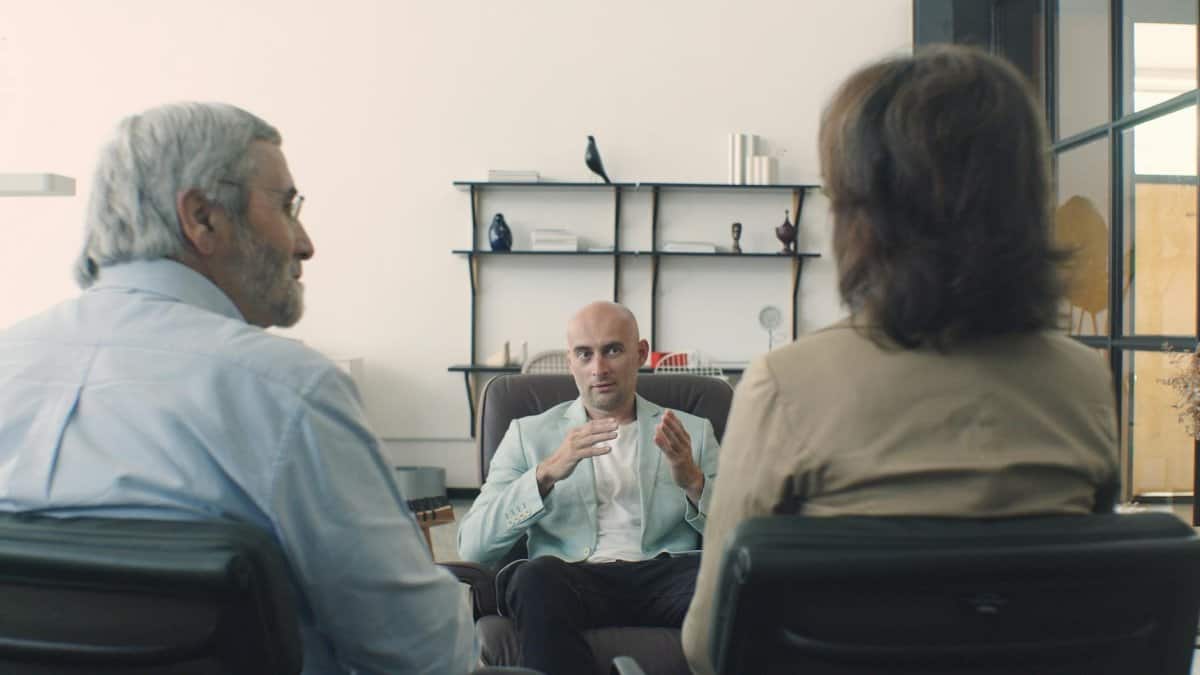
Seeking therapy was a turning point in making sense of my childhood experiences.
With the help of a professional, I learned to identify patterns, grieve unmet needs, and develop healthy ways to communicate.
According to the American Psychological Association, family therapy can foster understanding and healing, even after years of emotional distance.
Therapy not only helped me find peace with my past, but also gave me tools to build a more open and compassionate relationship with my father.
25. Reframing Childhood Memories

As an adult, I began to revisit my childhood memories through a lens of empathy rather than pain.
Reframing these moments allowed me to see my father’s efforts and struggles, not just his shortcomings.
This shift didn’t erase past hurts, but it brought understanding and forgiveness.
With greater compassion, I could appreciate the complexity of our relationship and find gratitude for the love that was there, even if it looked different than I’d imagined.
26. Building a New Relationship

With time and intention, my father and I began to rebuild.
We started sharing stories, asking questions, and even laughing together—small steps that signaled real change.
Research shows that healing and reconnection are possible, even after long estrangement.
By letting go of old resentments and nurturing understanding, we created a new foundation—one marked by openness, support, and a mutual desire to move forward together.
27. Recognizing Love in Unexpected Ways

Over time, I began to notice the subtle ways my father expressed love—a freshly shoveled driveway, a repaired bike, or a lunch packed with care.
These acts, though quiet, were his form of affection, aligning with what love language theory calls “acts of service.”
Recognizing these gestures helped me appreciate the depth of his feelings and reminded me that love isn’t always spoken, but often shown in small, meaningful ways.
28. The Ongoing Process of Forgiveness

Letting go of old resentments didn’t happen overnight. Forgiveness, as experts note, is a gradual, ongoing process that involves both compassion for others and for oneself.
Each time I chose empathy over blame, I felt a weight lift from my heart.
Forgiveness allowed me to open up to my father in new ways, strengthening our bond and helping us both move beyond the pain of the past.
29. Sharing My Story With Others

Opening up about my childhood pain and reconciliation with my father became a healing act in itself.
As research highlights, sharing our stories helps reduce stigma and build supportive communities.
By speaking honestly, I found others who had similar experiences, and together, we created space for understanding and hope.
Telling my story helped me—and others—realize we’re not alone.
30. Moving Forward With Compassion

Looking back, I’ve learned that family relationships are rarely simple. Misunderstandings, unmet needs, and unspoken love often exist side by side.
Embracing compassion—for myself and my father—transformed our connection and helped us break the cycle of silence.
Moving forward means choosing empathy, even when it’s difficult, and staying open to growth and healing.
If you’re struggling with family rifts, remember: understanding takes time, but every step toward compassion can change your story.





